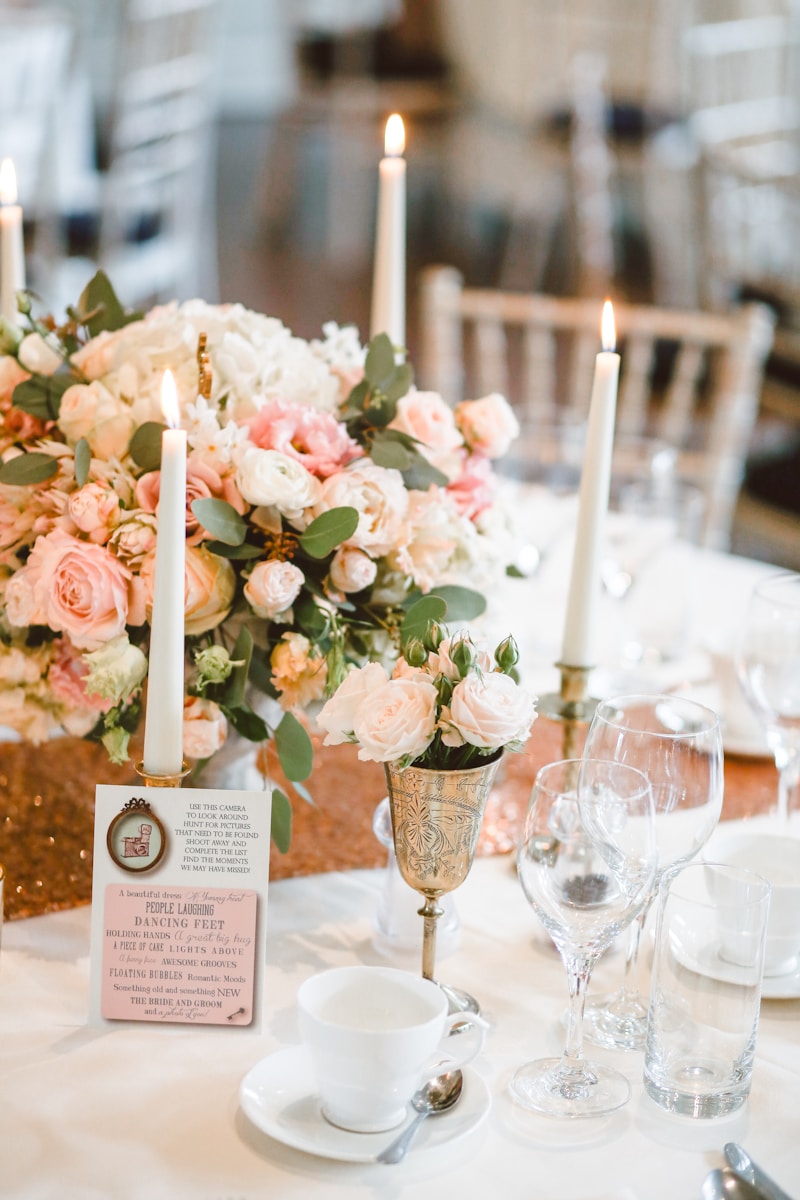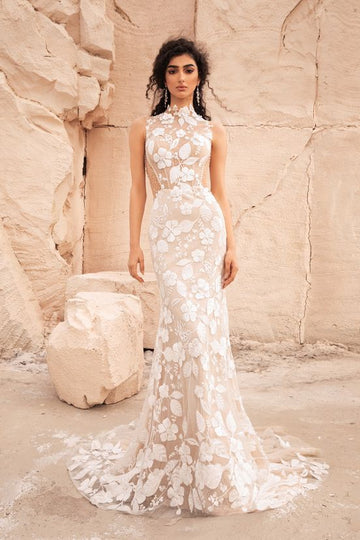Bridal Vision: Translating Ideas into a Custom Dress
Bridal Vision: Translating Ideas into a Custom Dress
Your wedding day is one of the most significant moments in your life, and having the perfect dress is essential to making your vision a reality. "Bridal Vision: Translating Ideas into a Custom Dress" highlights the importance of creating a bespoke wedding gown that encapsulates your style, personality, and the essence of your big day. In this article, we will explore the various aspects of designing a custom wedding dress, the benefits of going bespoke, and how you can effectively communicate your vision to ensure your dress is a true reflection of you.
The Importance of Customization
Every bride dreams of feeling unique and special on her wedding day. This is where the concept of a custom wedding dress becomes pivotal. Unlike off-the-rack options, a custom dress allows you to embody your style fully. Here are some reasons why customization is vital:
| Advantages of a Custom Dress | Description |
| Unique Design | Your gown will be one of a kind, designed entirely to meet your specifications. |
| Perfect Fit | Measurements will be taken to ensure your dress fits like a glove, enhancing comfort and confidence. |
| Quality Fabrics | Choose high-quality materials that elevate the overall look of your dress. |
| Creative Collaboration | Work closely with designers to inject your ideas into the design process. |
Translating Your Ideas into Reality
When embarking on the journey to create your custom wedding dress, it's essential to translate your bridal vision into coherent design elements. Here are some tips to guide you:
1. Gather Inspiration
Start by collecting images of dresses that resonate with your vision. Use platforms like Pinterest or Instagram, or even cut out pictures from bridal magazines. Look for elements like silhouettes, fabrics, and embellishments that appeal to you.
2. Define Your Style
Dresses come in various styles, from bohemian to classic elegance. Find a style that reflects your personality, whether it's a minimalist design or a romantic ball gown. Consider the wedding theme, location, and season as these will heavily influence your choice.
3. Consult a Designer
Once you have a clear idea of what you want, it’s time to consult a designer. Share your mood board and inspirations with them. A good designer will listen to your ideas and guide you on how to bring them to fruition while suggesting what works best for your body type and budget.

Understanding Fabrics and Embellishments
The choice of fabrics plays a significant role in the overall look and feel of your custom dress. From delicate lace to flowing silk, each material brings a unique vibe to your gown. Here are some popular fabric choices:
| Fabric | Characteristics |
| Lace | Intricate and romantic, often used for overlays or as the main fabric. |
| Silk | Luxurious and soft, drapes beautifully for flowing designs. |
| Tulle | Lightweight and airy, perfect for voluminous skirts. |
| Satin | Glossy and smooth, ideal for a glamorous look. |
Bridal Vision and Mood Boards
Creating a mood board can significantly enhance your custom dress design process. A mood board serves as a visual representation of your ideas, gathering swatches, colors, and styles in one place. It helps both you and your designer maintain a unified vision throughout the design process.
The Fitting Process
One of the most exciting aspects of designing a custom wedding dress is the fitting process. During fittings, you will get to try on your dress as it progresses through various stages. It’s a good opportunity to communicate adjustments, and it can be an extraordinary experience seeing your vision gradually come to life.
1. Initial Fit
At the first fitting, the designer will take your measurements and present a basic shape of your dress, usually made from muslin or another similar fabric.
2. Adjustments
After the initial fit, additional adjustments will often be needed. This is where the designer will take notes on what changes are necessary for the final version.
3. Final Fitting
The final fitting will reveal your completed gown. Make sure to try on the dress with your intended accessories to see how everything complements your overall bridal look.
Budgeting for Your Custom Dress
Designing a custom wedding dress can vary significantly in cost. Here are key considerations for budgeting:
Consider choosing materials wisely; quality fabrics and intricate designs often lead to higher costs. Understanding the designer’s pricing structure is also crucial. Ensure to have an open conversation with your designer about your budget to avoid any surprises later on.
Research average custom dress prices in your region, as this can affect your overall budgeting. In areas such as New York or London, custom gowns often range from $2,500 to over $10,000 depending on the designer and complexity of the dress. Meanwhile, in other regions, prices may vary.
Final Thoughts and Recommendations
Ultimately, "Bridal Vision: Translating Ideas into a Custom Dress" empowers you to take the reins in designing your perfect gown. Remember to take your time during the planning process. Here are a few recommendations:
- Document your inspirations clearly.
- Be honest about your budget when consulting with a designer.
- Enjoy the fittings and invite close friends or family for feedback.
- Trust the designer’s expertise but ensure your voice is heard.
- Plan ahead; the custom design process can take several months.
In summary, creating a custom wedding dress is an exciting journey filled with personal touches and unique designs. By translating your bridal vision into a custom dress, you ensure that your special day is nothing short of extraordinary. Your wedding gown will not only represent your aesthetic but also encapsulate memories you will cherish forever.
